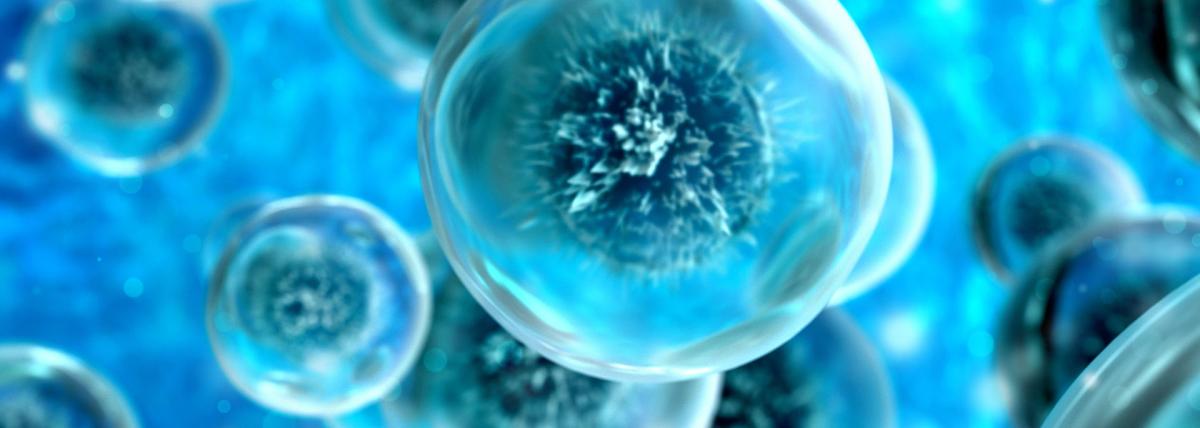
Grades:
3rd Grade, 6th Grade
Students will be able to identify the 4 main nutritional needs for chickens, and why they are needed. They will be able to read a recipe and create ratios based on the recipe. For this first lesson


